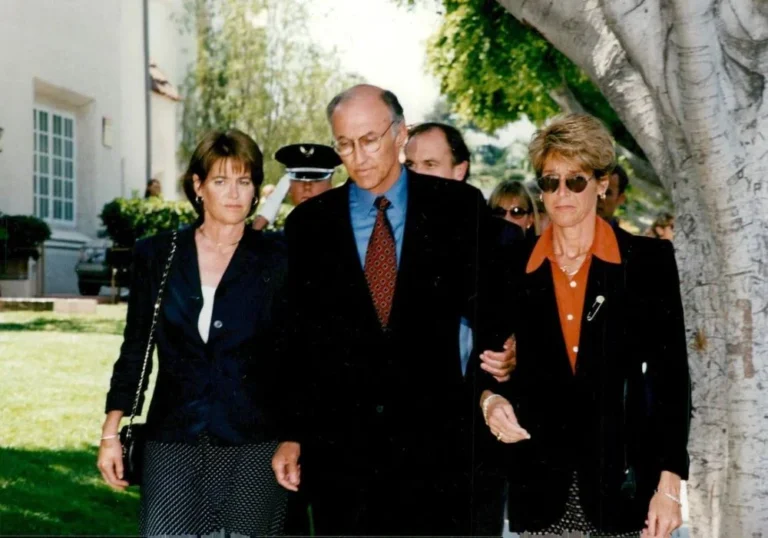J.D. Vance’s Weird: Rethinking Identity, Success, and Belonging
By combining humor and unvarnished honesty, J.D. Vance immerses readers in a realm of introspection and cultural criticism in Weird. Vance, who is well-known for his autobiography Hillbilly Elegy, adopts a novel strategy in this work, examining what it means to be influenced by your surroundings while attempting to escape them. The book reads like an open discussion with a buddy who has experienced life’s highs and lows and isn’t scared to share them.
Vance addresses important issues of identity, achievement, and self-perception in a society that frequently forces us to conform to rigid norms. Not only does Weird tell his tale, but it also explores what it means to be different, to feel out of place, and how we deal with such emotions in our daily lives. This is the book for you if you’re searching for something genuine and thought-provoking.
1. A New Kind of Memoir: Breaking the Mold

Weird by J.D. Vance is not your usual autobiography. Weird adopts a more introspective stance than his first work, Hillbilly Elegy, which placed a strong emphasis on social commentary and personal history. Vance departs from the conventional narrative and instead makes a number of insights regarding culture, identity, and the ways in which our surroundings influence who we are. The book’s structure deviates from the typical timeline by examining concepts in disjointed, nearly essay-like segments. This creates a novel and exciting reading experience.
In Weird, Vance focuses more on examining the peculiarities of contemporary American life that influence his—and thus, our—perception of ourselves than he does on recounting a single life story. It is a compilation of ideas about what it means to be culturally and personally out of place. From Vance’s early years in Ohio to his opinions on more significant societal concerns, each chapter feels like a deep dive into his mind, with links that are nearly coincidental but profoundly significant.
Vance is able to talk more openly thanks to this unusual style, which also helps readers understand how thoughts and feelings change over time. Instead of showing a clear route from point A to point B, Weird creates a convoluted network of recollections, insights, and epiphanies that are all connected by Vance’s distinct viewpoint. It offers a more flexible, less defined examination of identity and questions established narrative norms.
2. The Tension of Belonging: Between Two Worlds
The conflict between alienation and belonging is one of Weird’s main themes. Vance struggles to balance his aspirations in the more prestigious, broader world of elite academia and politics with his roots in rural America. He struggles with this dichotomy throughout the book, never quite bringing the two worlds together. Neither side really suits for Vance, yet both seem like home.
Vance’s journey through the ranks of Ivy League education and professional achievement stands in stark contrast to his Appalachian roots. He talks about how the demands of more affluent, educated groups conflict with the customs and beliefs of his rural community. His identity is shaped by this tug-of-war in ways that are both defining and frequently uncomfortable. Weird effectively conveys this psychological conflict, allowing readers to consider how each of us negotiates the gaps between our true selves and our ideal selves.
Vance’s experiences serve as a reminder that identification and geography aren’t the only factors that determine one’s sense of belonging. It’s more about bringing the many parts of ourselves together and realizing that we can fit into more than one place at once, even if they don’t always match. Many readers may relate to this tension of belonging because of Vance’s examination of these opposing worlds, which illuminates larger societal themes of class, education, and the expectations of upward mobility.
3. The Power of Observation: Seeing Beyond the Surface

Vance’s capacity to view the world critically and perceptively is one of his strongest traits. His own tales are replete with quiet times of introspection during which he picks up on details that others would miss. Weird is an engaging book because of Vance’s attention to detail, which allows him to explore the subtleties of everyday life and societal expectations in a novel and perceptive way.
Vance is able to shed light on more general social realities by emphasizing intimate moments and relationships. He provides readers with a deeper grasp of how particular patterns and behaviors are developed by interpreting experiences rather than merely recounting them. In addition to being based on personal experience, his thoughts regarding the nature of achievement, family dynamics, and the intricacy of human relationships are also relevant to the broader framework of American life.
These insights are especially potent because they are free from judgment and superiority. Vance’s observations, which are based on his personal experiences of feeling uncomfortable or misinterpreted, seem genuine and relevant. He challenges readers to think more critically about their own perceptions and presumptions while also allowing them to experience the world from his point of view.
4. Unpacking Identity: What Makes Us Who We Are?

Weird delves deeply into the issue of identity, including how we create it, how our environment shapes it, and how we learn to relate to others. Through the perspectives of his neighborhood, family, and his own internal battle to blend in with a world that frequently feels alien, Vance examines his own identity in a number of ways. The core of the book is this journey of self-discovery.
Vance is a complex individual. He never quite felt like he belonged in more affluent, intellectual circles because he was raised in a working-class household, but he also struggled to fully embrace his heritage. Many people can identify with this internal struggle—feeling torn between several forces that don’t always mesh well. Weird challenges readers to think about how they create their own identities and how they change throughout time.
The book also considers how our perception of ourselves is greatly influenced by cultural and societal norms. Vance talks on the difficulty that comes with attempting to escape these limitations, the pressures of being classified depending on your past, and how labels frequently fail to capture the complexity of humans. In this way, Weird functions as a personal narrative as well as a more general critique of the ways in which society attempts to define and limit identity.
5. A Fresh Perspective on Success: Rethinking the American Dream
Fundamentally, Weird questions the American Dream and what success actually implies. Vance challenges the notion that success is always the result of ambition and hard work by providing a critical viewpoint on upward mobility. Through his own narrative, he draws attention to the structural obstacles and cultural norms that frequently prevent individuals from underprivileged backgrounds from realizing the American Dream, even in the face of their greatest efforts.
Vance’s readiness to address the intricacies and paradoxes associated with attempting to move up the social scale is what distinguishes Weird from previous books on success. He emphasizes the fact that success is not always as straightforward as meritocracy implies rather than only providing an inspirational story of triumphing against hardship. Social class and educational attainment are just two of the many variables that affect it, and Vance isn’t afraid to address these difficult realities.
Vance challenges readers to reconsider what success actually means throughout the book. Is it about money, status, or something more profound, like discovering a sense of direction or community? Weird offers a more complex definition of success that appeals to a broad audience by questioning the conventional measures of success and forcing a reexamination of what it means to “make it” in the contemporary world.







